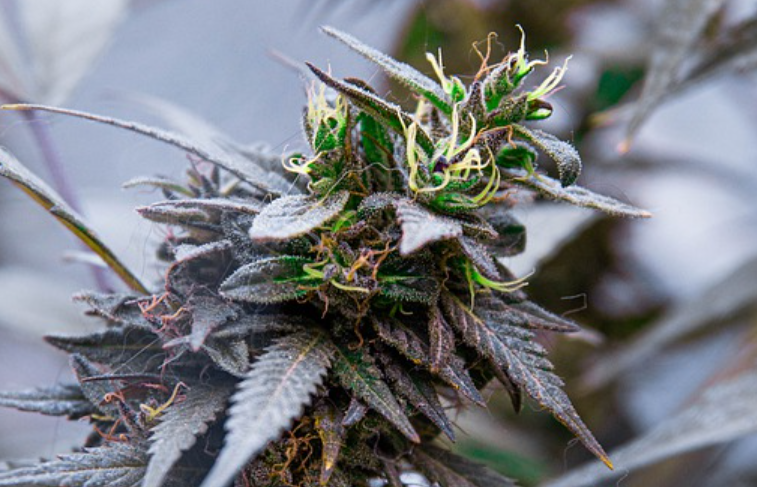Florida Voters Reject Cannabis Legalization, Impacting Broader U.S. Legalization Efforts
LOS ANGELES- In a significant setback for the cannabis industry, Florida voters rejected Amendment 3, which aimed to legalize recreational cannabis for adults 21 and older. While the measure received over 57% support, it fell short of the 60% supermajority required to amend the state’s constitution. Had it passed, Amendment 3 would have expanded Florida’s existing $2 billion medical cannabis market to a projected $6 billion by 2026, according to industry data from Headset.
The defeat of Amendment 3 highlights a broader challenge for cannabis advocates, particularly in conservative regions, and stalls what could have been a significant expansion of legalization efforts across the southern U.S. Florida, already home to one of the nation’s largest medical markets, would have become the first southern state to legalize recreational cannabis, influencing policy discussions nationally. Proponents must now wait until the next election cycle in 2026 to revisit the issue,
Political and Financial Stakes
The rejection was a notable win for Florida’s conservative leaders, including Governor Ron DeSantis, who led opposition efforts against the amendment. DeSantis’ campaign reportedly spent approximately $50 million in public funds on advertisements opposing the measure. Additionally, hedge fund executive Ken Griffin contributed $12 million to the “No” campaign, citing concerns that recreational legalization would lead to increased crime and quality-of-life issues. The campaign raised significant funds, with Tallahassee-based Trulieve investing $145 million in support of the measure.
Broader Industry Implications
Nationally, the defeat may slow momentum toward federal legalization, especially in the absence of widespread support in key states like Florida. Shanita Penny, co-executive director of the Coalition for Cannabis Policy, Education, and Regulation, suggested that continued state-level defeats may reinforce the illicit market, reducing regulatory control and tax revenue potential. Conversely, some industry experts remain optimistic. Emily Paxhia of Poseidon, a cannabis investment fund, indicated that setbacks are not uncommon in this highly regulated market, which has adapted to legal and political hurdles over the years.
Federal Legalization Efforts and Future Outlook
Despite the Florida setback, federal legalization efforts continue to gain traction. In December, a case led by attorney David Boies will be heard, challenging federal cannabis prohibition under the Controlled Substances Act. Additionally, the DEA is set to review a recommendation to reschedule cannabis from Schedule I to Schedule III, potentially reducing barriers for cannabis businesses. National cannabis organizations see Florida’s results as a temporary setback but plan to maintain momentum toward nationwide legalization.



































